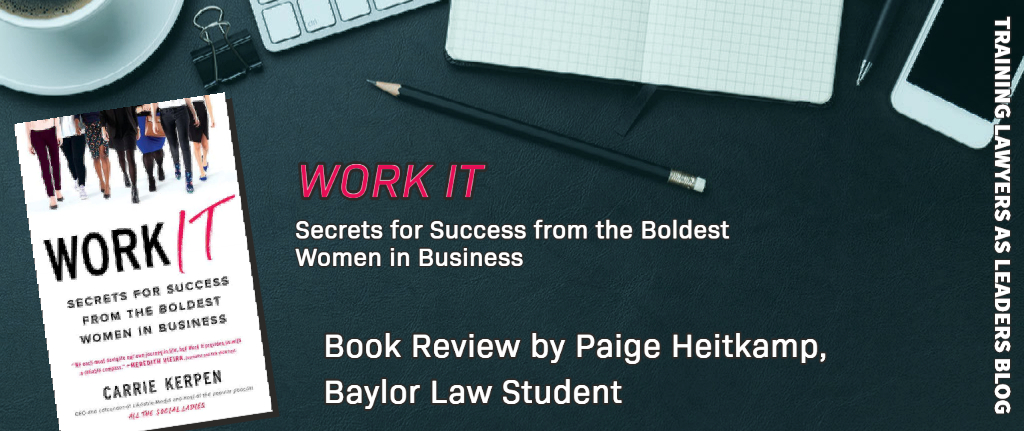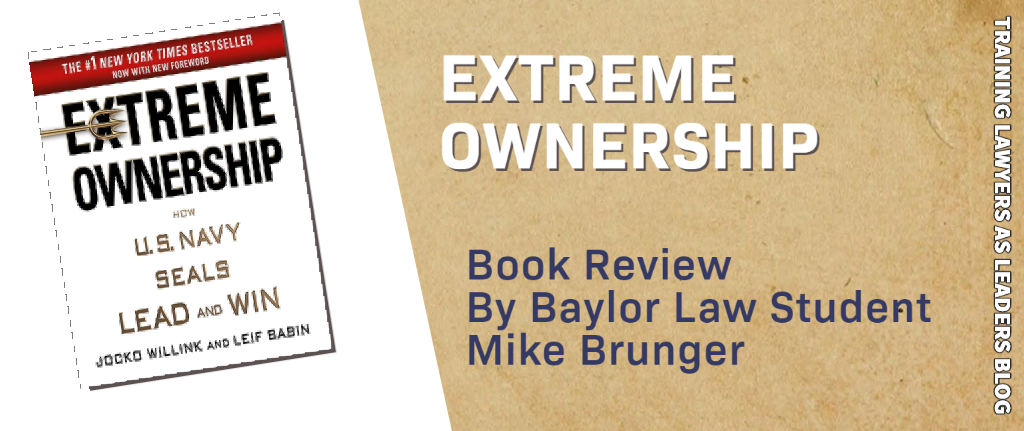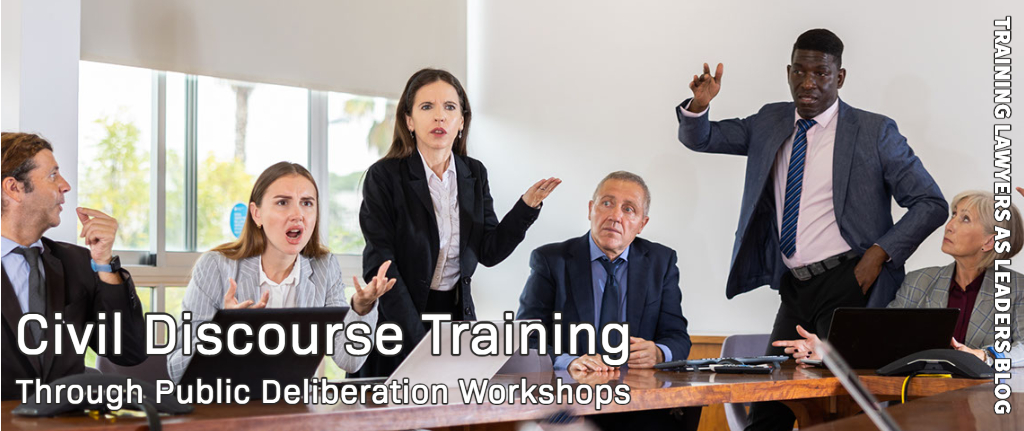Guest Post by Baylor Law Student, Paige Heitkamp

As a group, we lawyers do not like to fail! But as Michael Jordan once said, “The key to success is failure.” In our leadership development class, we use a quote from Michael Jordan to make that point. The six-time NBA champion and five-time MVP said, “I’ve missed more than 9,000 shots in my career. I’ve lost almost 300 games. Twenty-six times, I’ve been trusted to take the game-winning shot and missed. I’ve failed over and over and over again in my life. And that is why I succeed. “We use that quote during the “Leadership of Self” segment of our leadership development class as we instruct our students that their success, as well as their personal well-being, will depend on learning how not to fear failure but to view it as an ordinary and necessary part of growth. We encourage them to fail gracefully.
Imagine my delight when one of our students this summer, Paige Heitkamp, wrote a book review that includes a new perspective on how to fail. Among the helpful tips offered to women by Carrie Kerpen in her book Work It: Secrets for Success from the Boldest Women in Business is the advice to fail fantastically! We hope you enjoy Paige’s discussion of the book and its other helpful tips.
– Leah
Carrie Kerpen’s book, Work It: Secrets for Success from the Boldest Women in Business, was great. The book focuses on topics meant to help women better themselves professionally and personally. To write this book, Carrie interviewed fifty of the “boldest women in business” to learn their stories and how they became to be one of these women. The book is divided into three parts: Work It Professionally, Work It Passionately, and Work It Practically.
Work It Professionally focuses on tips for women to advance their careers and make the best out of their skills, improve on these skills, and learn new skills. These tips are focused on women in the workplace. They offer unique perspectives from women who have earned their place in the business world. These women all share how much different it can be for women to advance their careers than men. Many leadership and business “help” books, whether incidentally or not, focus on broad tips primarily designed for men. Women have to work harder to advance their careers and make themselves known, so, as a woman, being given tips from women can be incredibly helpful and much more beneficial. This section focuses on getting hired, how to grow your career, networking, and asking for raises. Each of these subtopics has stories from several of the women Carrie interviewed, giving different perspectives from each of these women as to how they succeeded in that subtopic. Having tips from multiple women is incredibly beneficial because everyone is different, and one woman’s methods may not work for another. Getting perspectives from many different women is incredibly beneficial so you can find the strategy you best connect with.
Work It Passionately focuses on tips and strategies for women regarding making the “right decisions” in life, whether it be about your career, personal life, or even your family life. It not only focuses on how to weigh the pros and cons of these decisions and come to the right outcome, but it also focuses on how to get to the position you need to be in even to have the ability to make these decisions. This section focuses on helping you decide when to trust your gut, when to rely on your rational thinking skills, and how to use a combination of both to succeed. Like the previous section, each subtopic has stories from multiple women offering their unique perspectives on the various issues. It is essential, again, to read all of these different perspectives, but each woman is different in her own unique way, and skills that work for one may not work for another. One important subtopic in this section was how to “fail fantastically.” This is an important message because failure is daunting, and many women are afraid to try something out of fear of failure. This book teaches you that failure is normal and should be expected. No one gets it right on the first try, and if you’re going to fail, fail fantastically.
The final section, Work It Practically, was the most important section. This section deals with the “hard stuff” that women are not only afraid to talk about but also the things that women tend to deal with more in the workplace than men. This section focuses on inspiration and strategies for women to navigate specific obstacles and challenges unique to women in the workplace. This section focuses on relatively taboo topics such as family planning, work/life balance, how to dress, how women are “expected” to behave in the workplace, and how to deal with sexism and discrimination not only from male coworkers and bosses but also from female coworkers and bosses. As with the previous two sections, each subtopic has inspiring and motivational stories from several women on Carrie’s “Boldest Women in Business” list. Each woman in this section told their story and gave numerous tips and tricks on overcoming these uniquely female challenges in the workplace and at home. The subtopic, “Make Lemonade,” teaches women how to make the best of dealing with these difficult issues. This subtopic teaches women not to be afraid to tell people close to them what is happening in their life and that it is okay to lean on others.
Overall, this book was incredibly inspiring. All women, no matter where they are in their careers and lives, can benefit from the numerous perspectives offered in this book. This book is not the typical leadership or business “help” book. This book says there is no one key to success but that finding the best strategy for you is the most important “key” to success.












